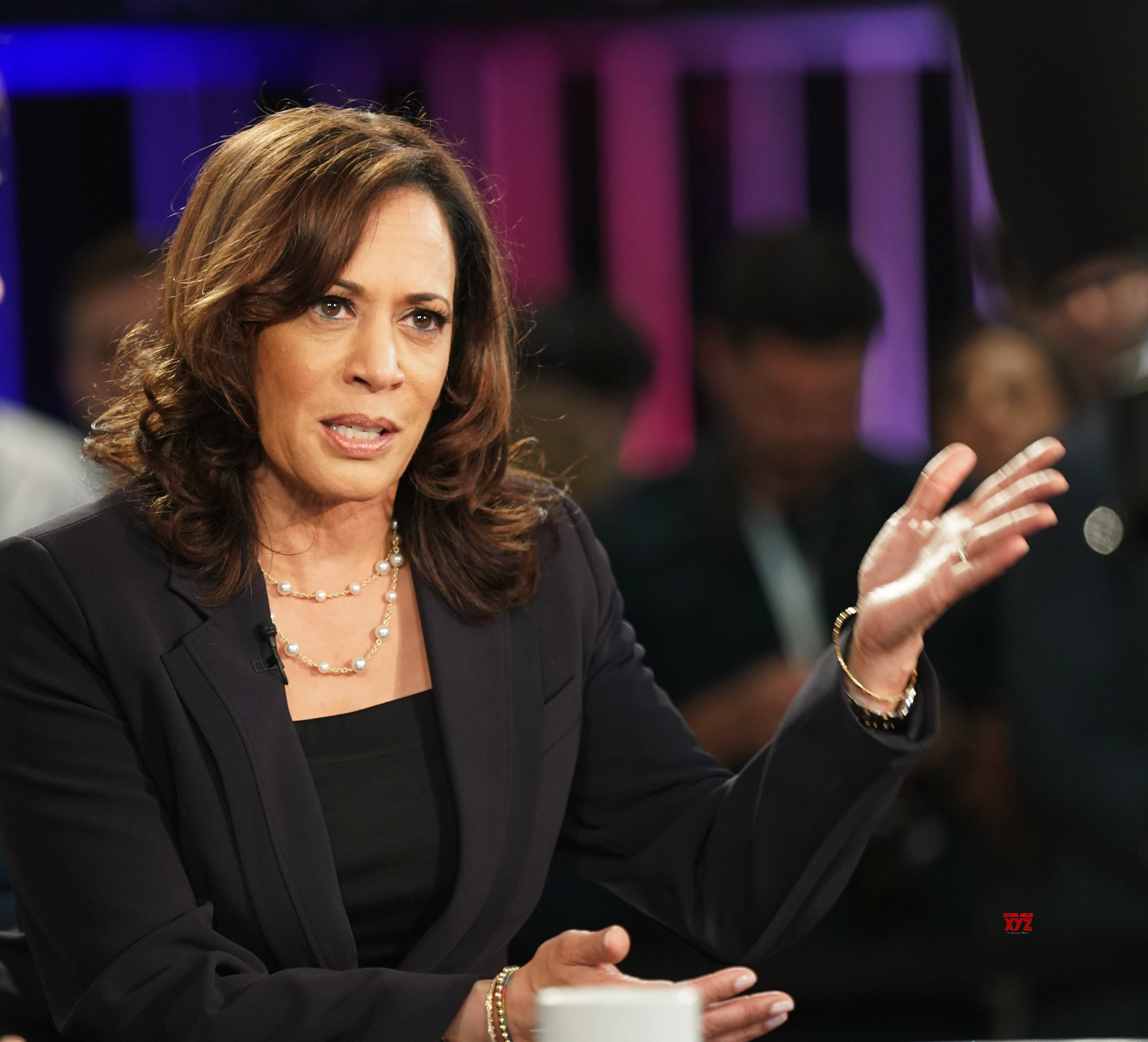 NEW YORK: Suhail Rizvi, an enigmatic India- born investor, has emerged as one of the biggest gainers from Twitter’s high-profile public debut with his 15.6 per cent stake in the micro-blogging site worth a whopping USD 3.8 billion.
NEW YORK: Suhail Rizvi, an enigmatic India- born investor, has emerged as one of the biggest gainers from Twitter’s high-profile public debut with his 15.6 per cent stake in the micro-blogging site worth a whopping USD 3.8 billion.
Rizvi is the “non-boldface name of the moment”, a report in the New York Times said, describing him as a “strategic power broker who prefers to operate behind the scenes”.
The 47-year-old has remained a mystery in the Silicon Valley despite his significant tech investments in recent years.
He runs a private investment company Rizvi Traverse Management, the largest outside investor in the micro-blogging site with a 15.6 per cent stake worth USD 3.8 billion at the end of trading on Twitter NYSE debut yesterday.
“Twitter’s public offering represents a coming-out party for Rizvi, who remains largely a mystery in Silicon Valley despite his growing number of tech investments.
“In Silicon Valley, and even at Twitter’s San Francisco headquarters, prominent investors and executives said they had not heard his name until it popped up in public disclosures by the company last month,” the report said yesterday.
“Rizvi’s rise illustrates how a new tech investor class with deep Wall Street connections is carving new paths into the unfamiliar and insular terrain of Silicon Valley,” it said.
Despite a stellar rise, Rizvi has managed to stay almost entirely out of the spotlight.
Born in India and raised in Iowa, Rizvi is known as a quiet man who has built a “powerful and diverse” group of friends, including Virgin Group founder Richard Branson and chief executive of YouTube Salar Kamangar.
“Rizvi has been seen partying atop Eric Schmidt’s yacht, the Oasis, at Cannes.
“Some Twitter investors said at one point when they saw the mysterious Rizvi’s stake in the company was growing, they jokingly considered whether a criminal-background check was warranted,” the report said.
Rizvi’s Twitter profile is private, and the photo associated with it is that of a peacock. By around 2011, Rizvi had begun acquiring shares in Twitter from a Silicon Valley angel investor Chris Sacca and founder of Lowercase Capital.
In 2010, Sacca approached Rizvi with an opportunity after one of Twitter’s founders Evan Williams was leaving the start-up. Sacca thought he could be persuaded to sell part of his equity in the company, according to the report.
“Rizvi was interested and said he knew of other investors who would be, too.
“JPMorgan had recently created a digital growth fund for wealthy clients to access some of the latest Silicon Valley start-ups. With Sacca as his entrance, Rizvi was soon buying shares directly from Twitter employees on behalf of his clients, scooping up around USD 300 million worth for Prince Alwaleed bin Talal of Saudi Arabia and USD 400 million for JPMorgan Chase,” the report said.
In the world of start ups and venture capitals, stalwart firms like Kleiner Perkins Caufield & Byers and Accel Partners use their sizable funds to buy a piece of a start-up and have a hand in the company’s direction.
But Rizvi and others like him have formed a network of investors, including prominent mutual fund companies like Fidelity and BlackRock that have even deeper pockets and a willingness to buy smaller pieces and assume no management control, it said.
Rizvi’s money and connections have also led to slices of several other hot start-ups, including the social news app Flipboard, online pinboard Pinterest and payment services company Square.
Before heading to Silicon Valley, Rizvi invested in telecoms and manufacturing, but his biggest moves were in the entertainment industry.
By 2011, Rizvi had begun to realize major profits from his foray into Hollywood.
Rizvi and other executives at his company are also facing two lawsuits from disgruntled investors in Michigan and Texas, related to a film loan that went sour in 2008.
He made a significant profit off the buyout of talent agency International Creative Management and held onto a portfolio of back-end stakes in TV series like ‘Friends’ and ‘The Simpsons’ before selling them to another investment firm for USD 150 million.–PTI






